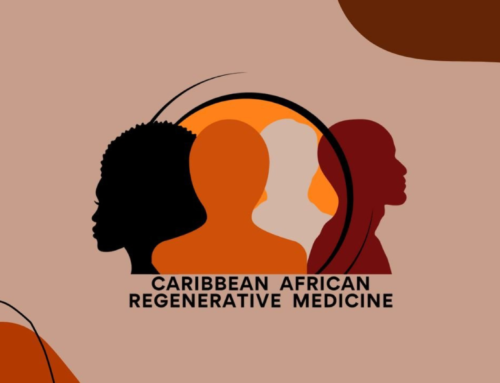
The Hidden Cost of Kindness: Emotional and Psychological Challenges for Living Kidney Donors
Becoming a living kidney donor is a profound act of compassion. It’s a decision that can save a life—literally. But while much attention is given to the recipient’s recovery, the donor’s emotional and psychological experience is often overlooked. For many donors, the emotional aftermath is complex and nuanced, often leaving them with little opportunity to discuss these issues.
The Emotional Landscape Before Donation
Before surgery, donors typically undergo psychological evaluations to ensure informed consent. However, even with preparation, many experience a range of emotions: anxiety, pride, fear, and uncertainty.
In a 2022 study published in Transplantation Proceedings, approximately 25% of donors reported ambivalence or pressure to donate, often due to family dynamics or a perceived moral obligation (1). These preoperative stressors can carry over into the post-donation experience, especially if the donor feels their choice wasn’t fully autonomous.
After the Surgery: Relief, Elation… and Sometimes Regret
Immediately after surgery, many donors report feelings of pride and relief. However, for some, this sense of purpose fades, and less expected emotions take its place.
- A 2014 meta-analysis in Clinical Transplantation found that 10–20% of donors reported depression or anxiety in the year following donation (2).
- Another study in the American Journal of Transplantation (2008) found that a small number, 4% of donors, regretted their decision, particularly in cases where the transplant failed or relationships deteriorated afterward (3).
Common post-donation psychological experiences include:
- Post-surgical depression: Not uncommon due to hormonal changes, surgical stress, and shifts in routine.
- Identity and body image concerns: Some donors struggle with the idea of being “incomplete” or worry about future health.
- Guilt or sadness: Especially if the recipient has complications or passes away, donors can feel profound grief or responsibility.
Relationship Shifts and Resentment
Donating to a loved one doesn’t always strengthen bonds. In some cases, it introduces new tensions. For instance, if a donor feels their sacrifice isn’t acknowledged or reciprocated, emotional strain can build. This was highlighted in a 2020 survey from the National Kidney Foundation, where about 15% of donors reported strained or worsened relationships with recipients after surgery (4).
Long-Term Mental Health: A Systemic Gap
While most transplant centers provide pre-donation counseling, few offer structured long-term psychological support. According to a 2019 report in Nephrology Dialysis Transplantation, only 39% of U.S. transplant centers offered follow-up mental health services to donors beyond the first year (5).
This lack of support can leave donors to grapple alone with their emotional struggles, often feeling isolated and unsure whether their experiences or emotions are valid.
The Silence Around Struggle
Culturally, living donors are celebrated as heroes—and they should be. But this narrative can silence those who suffer emotionally afterward. Donors may feel ashamed to voice regret, sadness, or anger when society expects them to be proud and fulfilled.
As one donor put it in a qualitative study by Papachristou et al. (2004), “I felt like I wasn’t allowed to feel bad, because everyone thought I had done something amazing” (6).
What Needs to Change
- Comprehensive psychological screening: Not just pre-surgery, but regular check-ins up to 2–3 years afterward.
- Dedicated support networks: Online and in-person groups where donors can share openly with others their experiences and “forbidden” thoughts and feelings.
- Public education: A more nuanced conversation around donation that includes emotional and psychological realities.
Conclusion
Living kidney donation is one of the most generous acts a person can undertake. But even the kindest act can lead to emotional consequences. Acknowledging these experiences doesn’t diminish the gift—it humanizes it. Let’s support donors not just with praise, but with understanding, resources, and care for the long journey they embarked on.
References:
- Cazauvieilh V, et. al. (2023) “Psychological Impact of Living Kidney Donation: A Systematic Review by the EAU-YAU Kidney Transplant Working Group.” Transpl Int. Nov 24;36:11827..
- Clemens, K. K., et al. (2008). “Psychosocial health of living kidney donors: A systematic review.” Am J Transplant, 8(7), 1503–1511.
- National Kidney Foundation (2020). “Living Donation Survey Results.” https://www.kidney.org
About the Author
Dr Gavril Hercz
Dr. Gavril Hercz is a nephrologist at Humber River Health and Associate Professor of Medicine, University of Toronto. He completed his psychoanalytic training at the Toronto Psychoanalytic Institute and is a member of the Canadian Psychoanalytic Society. His major area of interest is the impact of physical illness on patients, families, and caregivers.
For many donors, the emotional aftermath is complex and nuanced, often leaving them with little opportunity to discuss these issues.



